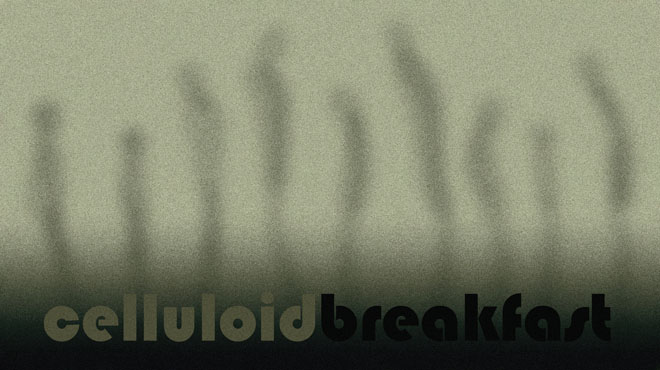Goro is beginning to doubt his feelings towards his overwhelmingly dutiful wife Fukiko, realising his true love lies in his mistress, Yayoi. Turning it over in his mind, he constantly tries to balance his own desires with ‘the right thing to do’. Yayoi herself begins to have an existential crisis, confiding in her brother than she believes her complicity in this love triangle makes her a cruel person. Fukiko, meanwhile, is oblivious to these complications until the end, when Goro proposes a radical solution to her which elicits some surprising revelations.
Although he considers Fukiko when divulging his love for Yayoi to his father, Goro is only really concerned with his own well-being, meeting with Yayoi to satiate his needs rather than discuss their possible future, leaving her wracked with guilt and uncertainty, all the while betraying Fukiko without a second thought. On occasion, Goro appears to go through these infidelities too automatically, and something is kept from us about what draws him to either woman. Consequently, it is hard to gauge the sincerity of the final denouement, but it’s a relief not to be told everything.
As with many of Mikio Naruse’s films, the drama lies underneath the surface, Goro’s spotless salaryman household belying the mesh of unrealised sentiments and calculated duplicity. Avalanche, then, is perhaps the best name for such a film, evoking the idea that these hidden feelings of love and remorse have built up to such an extent that they can but collapse dramatically under pressure.






No comments:
Post a Comment